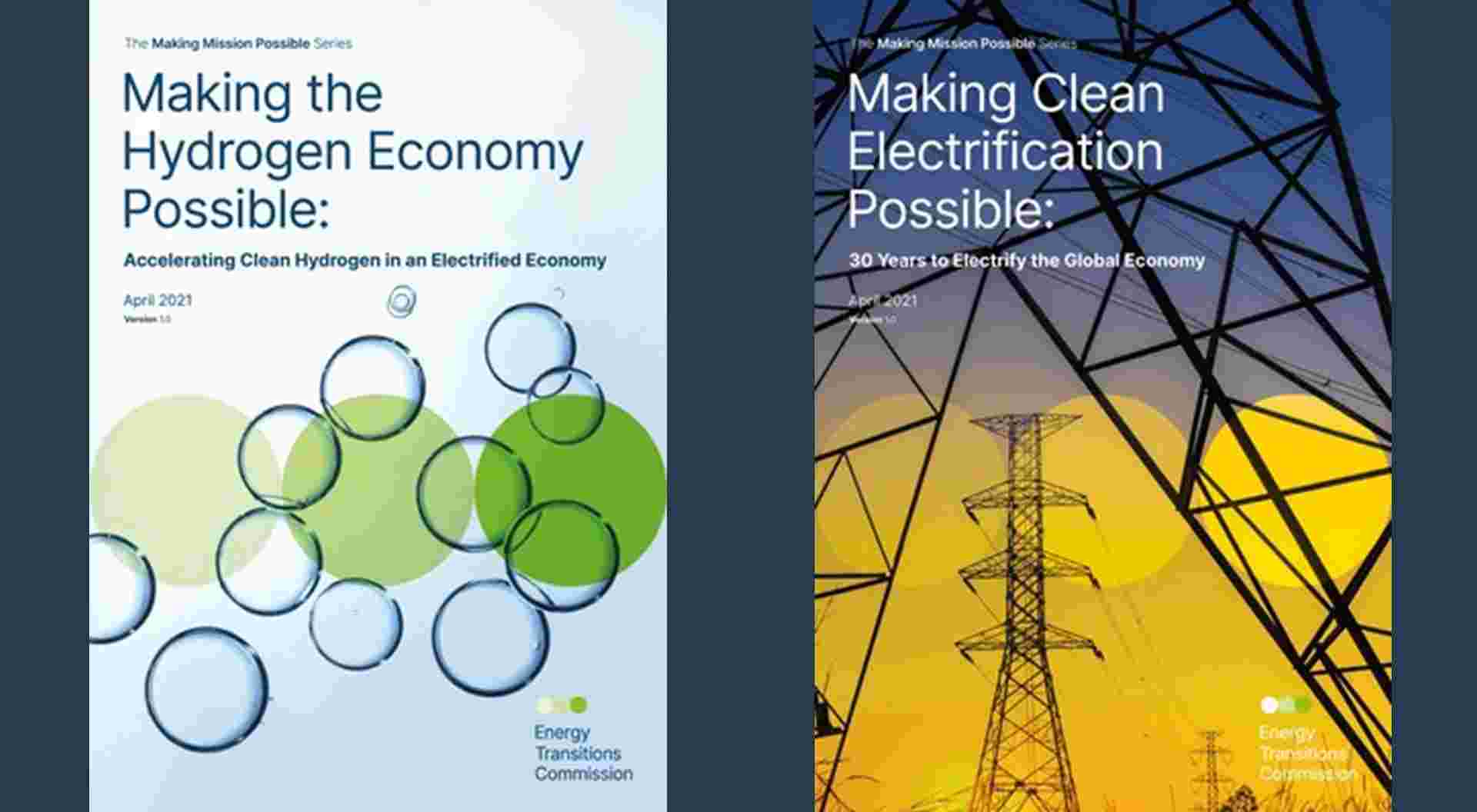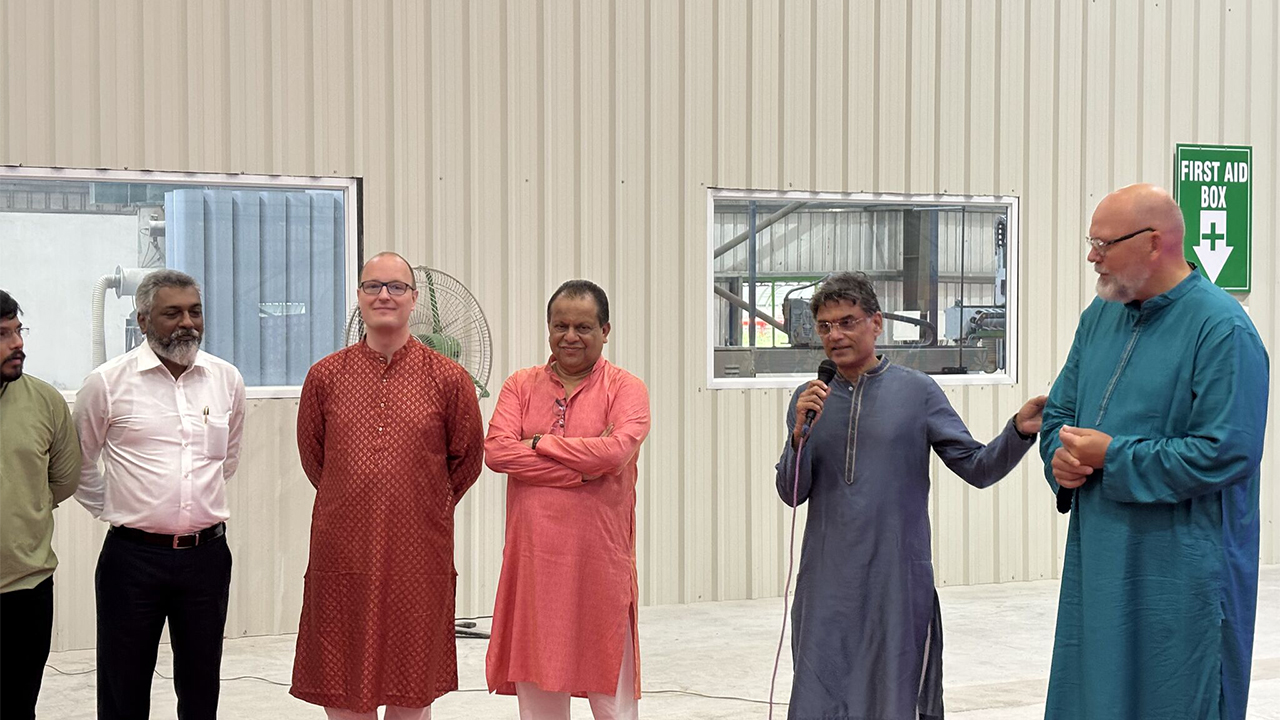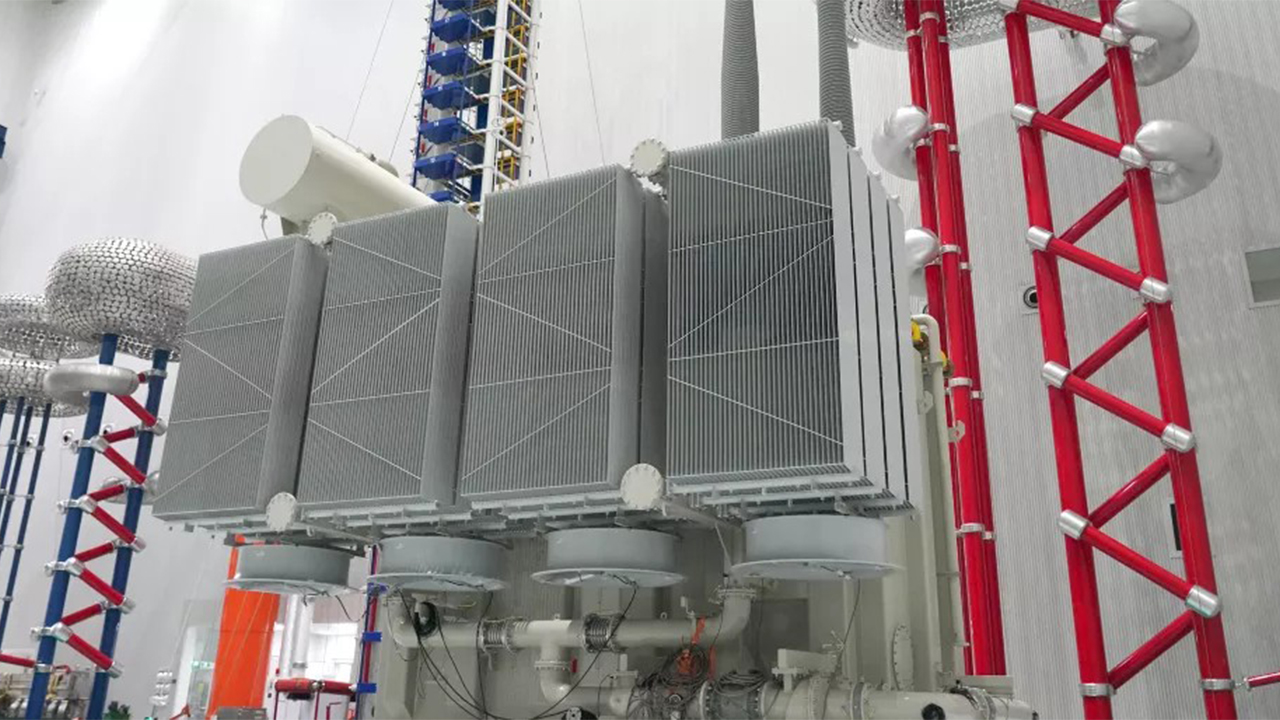Global industry leaders target 2050 for net-zero GHG and clean electricity
#CleanElectricity #Sustainability #CarbonNeutral #ParisAccordNew reports by the Energy Transitions Commission set out path to electrify economy and grow complementary role for clean hydrogen

Energy Transitions Commission (ETC) is one of the largest global coalition of industry leaders, financial institutions and environmental advocates – including ArcelorMittal, Bank of America, BP, Development Research Center of the State Council of China, EBRD, HSBC, Iberdrola, Ørsted, Shell, Tata Group, Volvo Group and the World Resources Institute among others.
The ETC has released two reports “Making Clean Electrification Possible: 30 years to electrify the global economy” and “ Making the Hydrogen Economy Possible: Accelerating clean hydrogen in an electrified economy” keeping in mind the the feasibility of achieving a net-zero greenhouse gas emissions (GHG) economy by 2050 and the actions required in the next decade to put this target within reach.
The Paris climate accord committed the world to limiting global warming to less than a 2°C increase from pre-industrial levels — and striving for no more than a 1.5°C rise in the planet's average temperature. For this objective to be reached, the world needs to achieve net-zero GHG emissions by around mid-century. The ETC states that achieving a net-zero GHG emissions economy within the next 30 years is technically and economically feasible. A profound transformation of the global energy system is ahead – a net-zero GHG economy will be built on abundant, affordable zero-carbon electricity.
Transitioning to clean electricity as the main source of final energy represents the cheapest and most efficient way to decarbonise the economy. The rapidly falling costs of renewables and storage solutions make it possible to achieve the required massive expansion of clean power systems at low cost, according to the reports.
Clean hydrogen will play a complementary role to decarbonise sectors where direct electrification is likely to be technologically very challenging or prohibitively expensive, such as in steel production and long-distance shipping. A net zero GHG emissions economy by mid-century will likely need to use about 500 to 800 million tonnes of clean hydrogen per annum, a 5-7 fold increase compared to hydrogen use today. Green hydrogen, produced via the electrolysis of water, is likely to be the most cost-competitive and therefore the major production route in the long-term, due to falling renewable electricity and electrolyser equipment costs.
"We now have the technologies to completely decarbonise electricity generation at low cost: and electrification is the key to zero carbon production in most of the economy. By mid-century even rich developed countries will need 2-3 times as much electricity as today, and developing economies 5-10 times as much. Governments, businesses and investors need to recognise the scale of the new industrial revolution required and the huge opportunities it creates," Lord Adair Turner, Chair, ETC.

NEWSLETTER
TRENDING ON PRO MFG
MORE FROM THE SECTION








